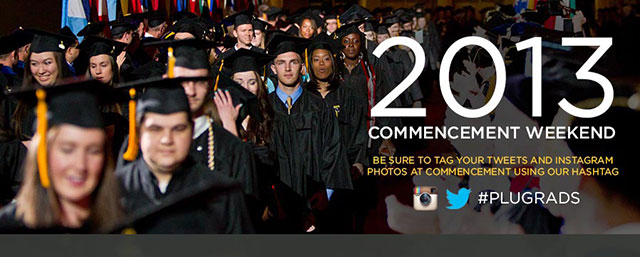Page 117 • (1,204 results in 0.174 seconds)
-
a relatively new and developing field of chemical research. These analyses are typically focused on a total composition approach when determining levels of known toxicants. This study instead focused on the metallic paints and coatings applied to children’s toys specifically; an approach yet to be performed according to available literature at the time of publication. This study first examined the overall composition of all samples (n=49) to qualitatively identify suspect samples. Suspect
-
months carry and encapsule some very important life lessons. For starters, we all learned, once again, that experience is shaded and colored in powerful ways by the unexpected and unpredictable. No matter how creatively we dream, how well we plan, or how rigidly we seek to control, we are not in charge! The world is challenging, it is uncertain. Given that reality, someone advised, “be sure you always rest well so that you have the energy to absorb the unexpected!” I think we also learned something
-
enhancing power and privilege of others. Students will explore how awareness of these factors influences delivery of social work practice in healthcare and mental healthcare settings. SOCW 532: Social Work Research Methods (4)Social work relies on careful collection and analysis of quantitative and qualitative data to answer theoretical, empirical, and applied research questions. This course will introduce students to methods of data collection and analysis in social work and provide students with the
-
Lehmann will join Dr. Robert Ericksen in Ericksen’s retirement year. Survivor Renee Firestone and rescuer Nellie Trocme Hewett will also present talks during the three-day conference. Ilana Cone-Kennedy and Nick Coddington have prepared a Friday morning dual-track experience for teachers and high school students to explore teaching and learning the lessons of the Holocaust. Teachers seeking credit or clock hours are encouraged to attend. Clock hours will be provided free of charge upon request, and
-
Namibia’s capital city. One of them continues to teach as originally planned, the other took a slightly different path. Both credit Namibia for the direction of their vocation. And they aren’t alone. Many students carry lifelong lessons with them after returning from Windhoek, says Jan Weiss, assistant professor of education. An educational relationship that started with a grant-funded teacher training program involving PLU faculty members has evolved into a deeply immersive experience for PLU students
-

son in the mountains in the year 1206, he tells us. After a lovely lunch together, everyone tours the Tacoma Dome. We pace out the walk to the king’s “green room,” where he’ll change into his academic regalia for Commencement. We request a large press platform—more than a dozen members of the Norwegian press will follow the king on May 23, and already five or six local organizations have applied for credentials. Sven Gjeruldsen, the palace press secretary, asks us to move the press platform so
-
historical methods and research (HIST 301) and 4 semester hours of seminar credits (HIST 499). Completion of the seminar course satisfies the core requirement for a senior seminar/project. Students are expected to work closely with the department’s faculty advisors to ensure the most personalized programs and instruction possible. Writing is emphasized across the curriculum. All History majors must take 20 semester hours of upper-division work in History for the major. All courses applied to the History
-
student expectations based on childhood experience she can scarcely even imagine. Applied Feminist Pedagogy Applying feminist pedagogy to the foreign language classroom means asking how our theory and practice connect. The aims of feminist pedagogy are, first, to empower students to direct their own learning; second, to reduce hierarchical differences in student-teacher interactions; and third, to expose the biases and objectives of educational agendas. In the foreign language classroom, despite the
-

summer before my senior year of high school and fell in love with the campus immediately; everyone I met with was incredibly kind and welcoming. After hearing a little about the Environmental Studies program and the opportunities I would have to study away, I was hooked. I applied, got accepted, and received a pretty awesome financial aid package. I was amazed how perfectly everything fell into place. An added bonus was the fact that I wouldn’t have to deal with the harsh Minnesota winters any more
-
this first ballot are only preliminary. After preliminary votes on all candidates, each case is reviewed again, with attention to any new evidence and to the consistency of applied criteria. Then a final vote is taken on each case by secret ballot. The committee first reports the affirmative or negative character of each final ballot (but not the exact proportion of yeas and nays) to the provost, who is then invited to discuss with the committee those cases in which their judgment differs. An
Do you have any feedback for us? If so, feel free to use our Feedback Form.


